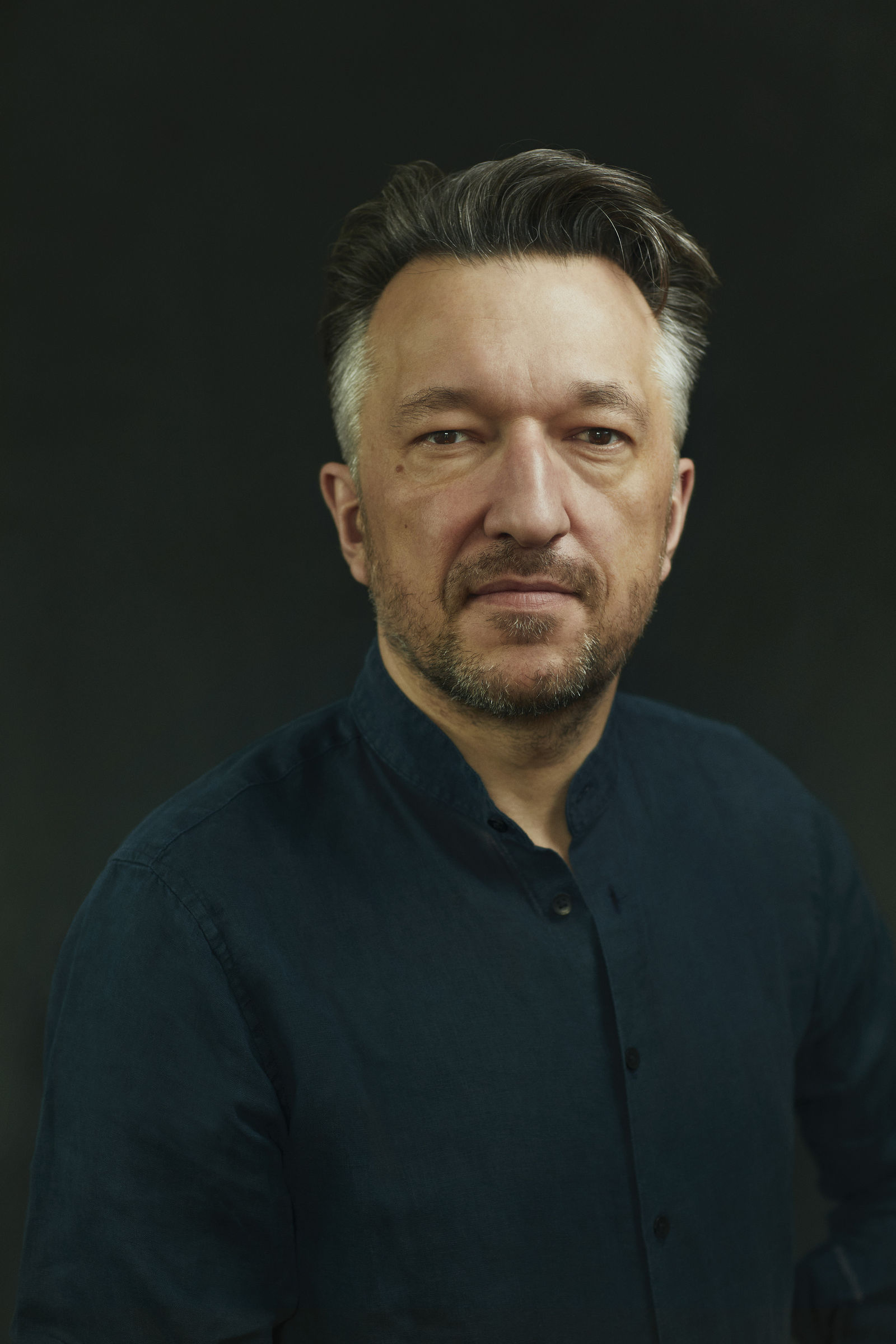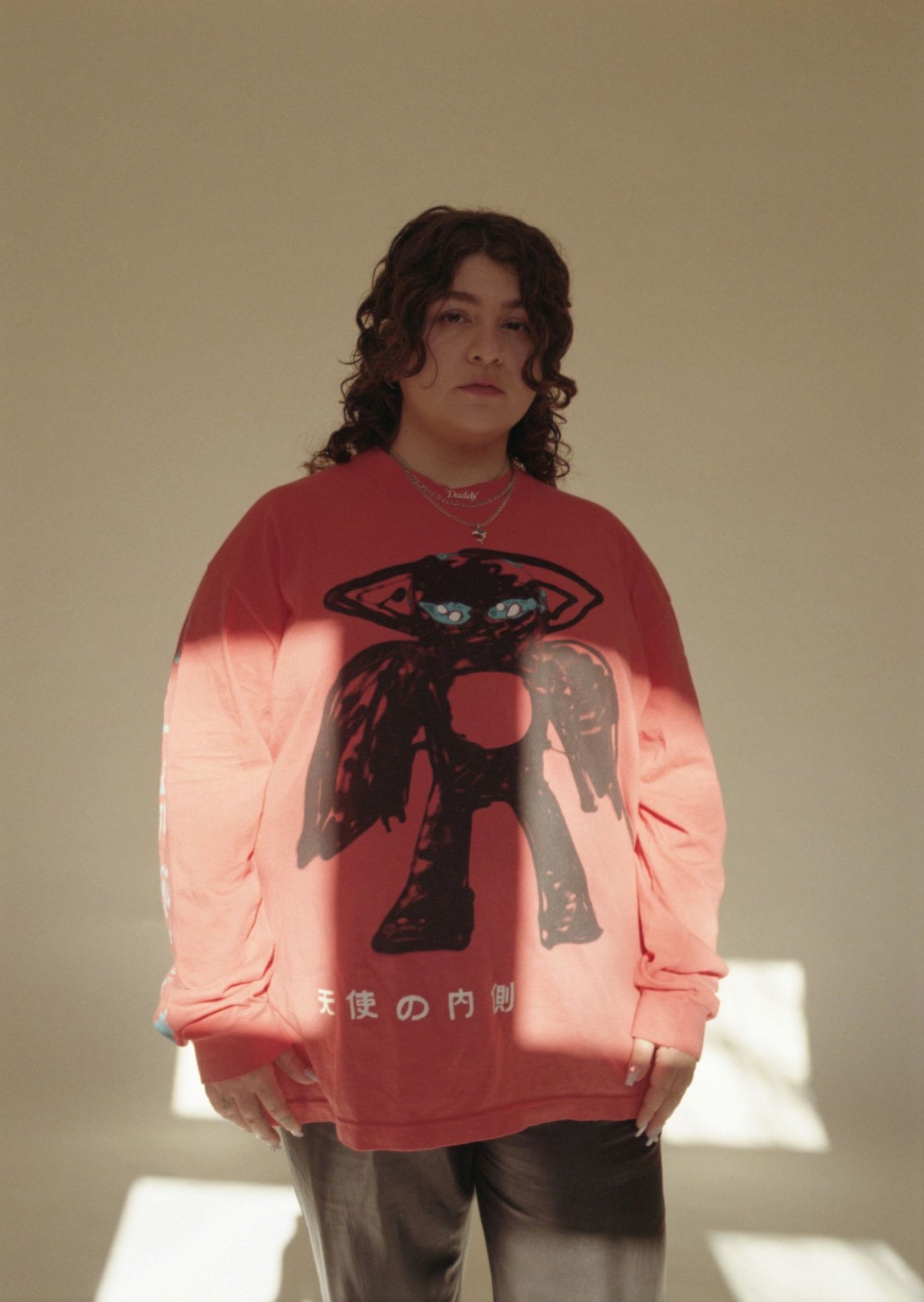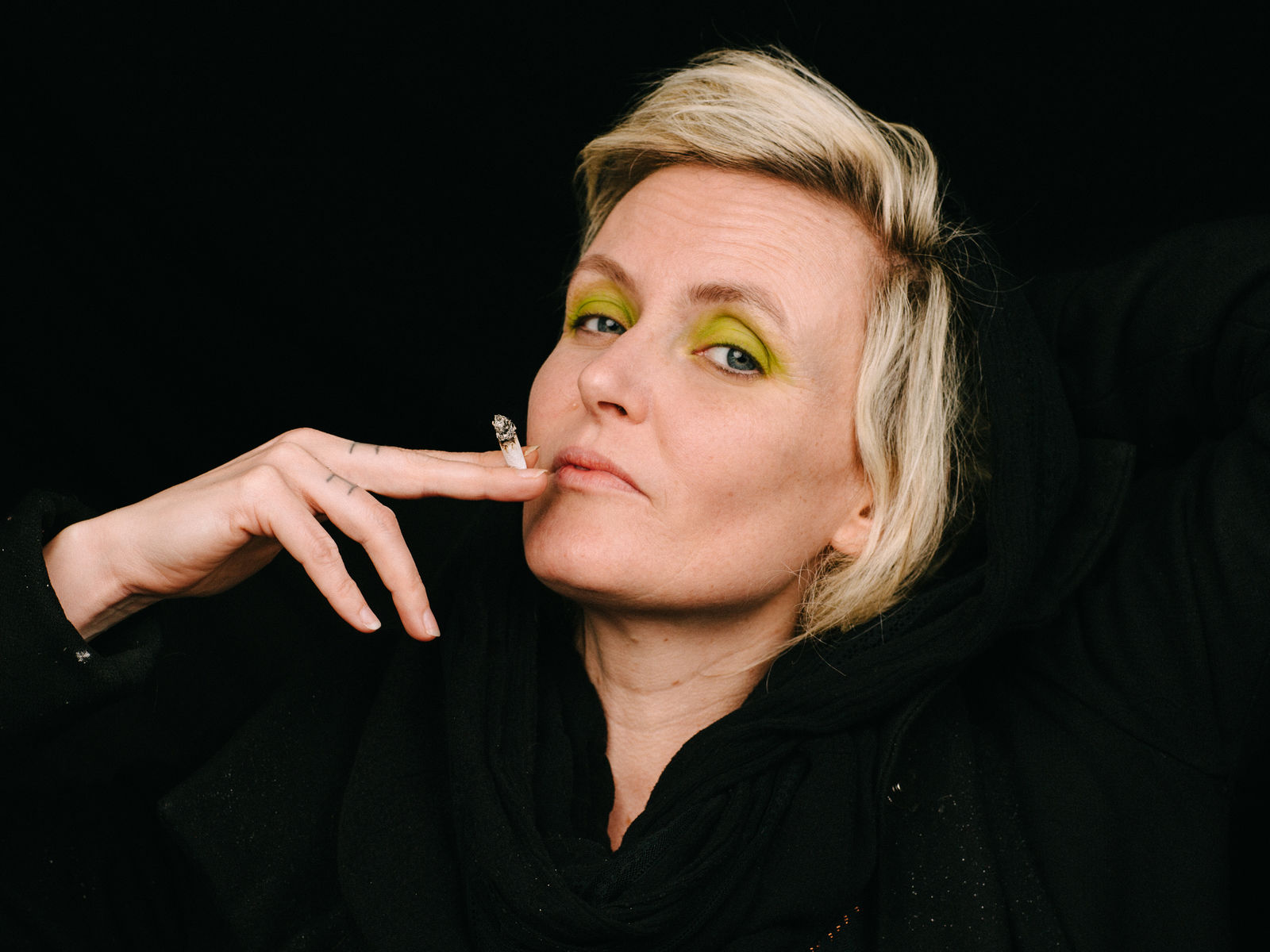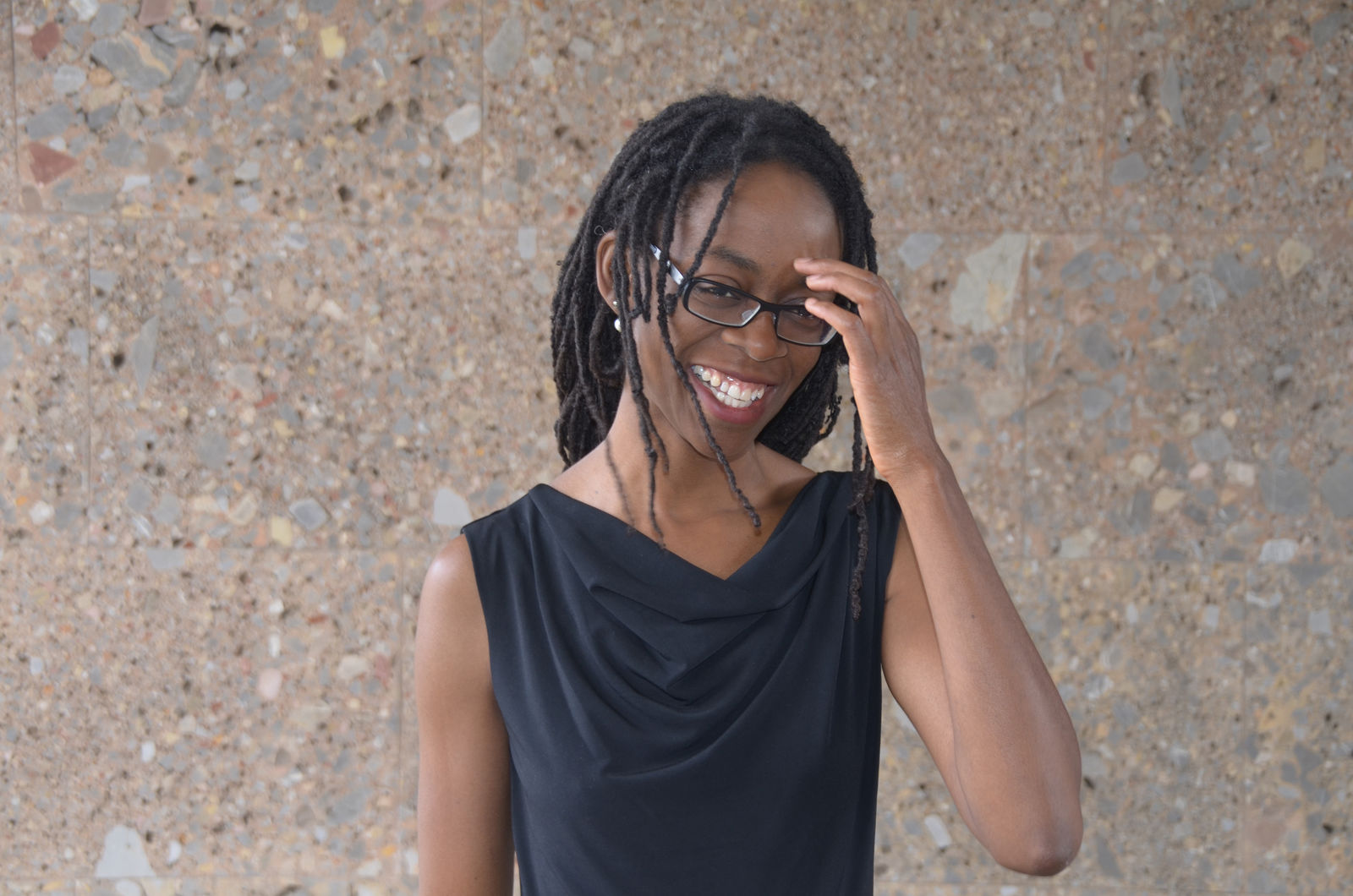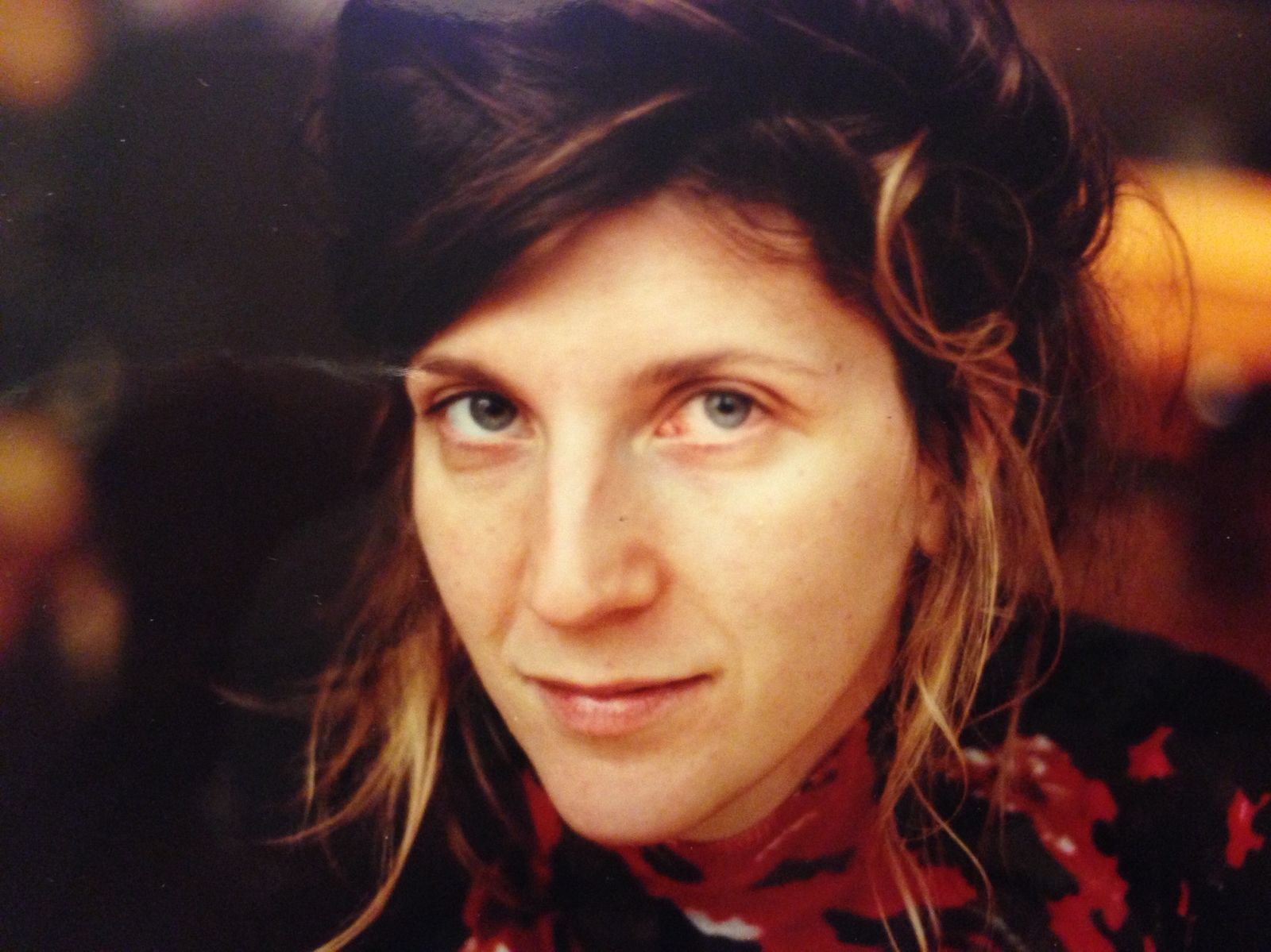
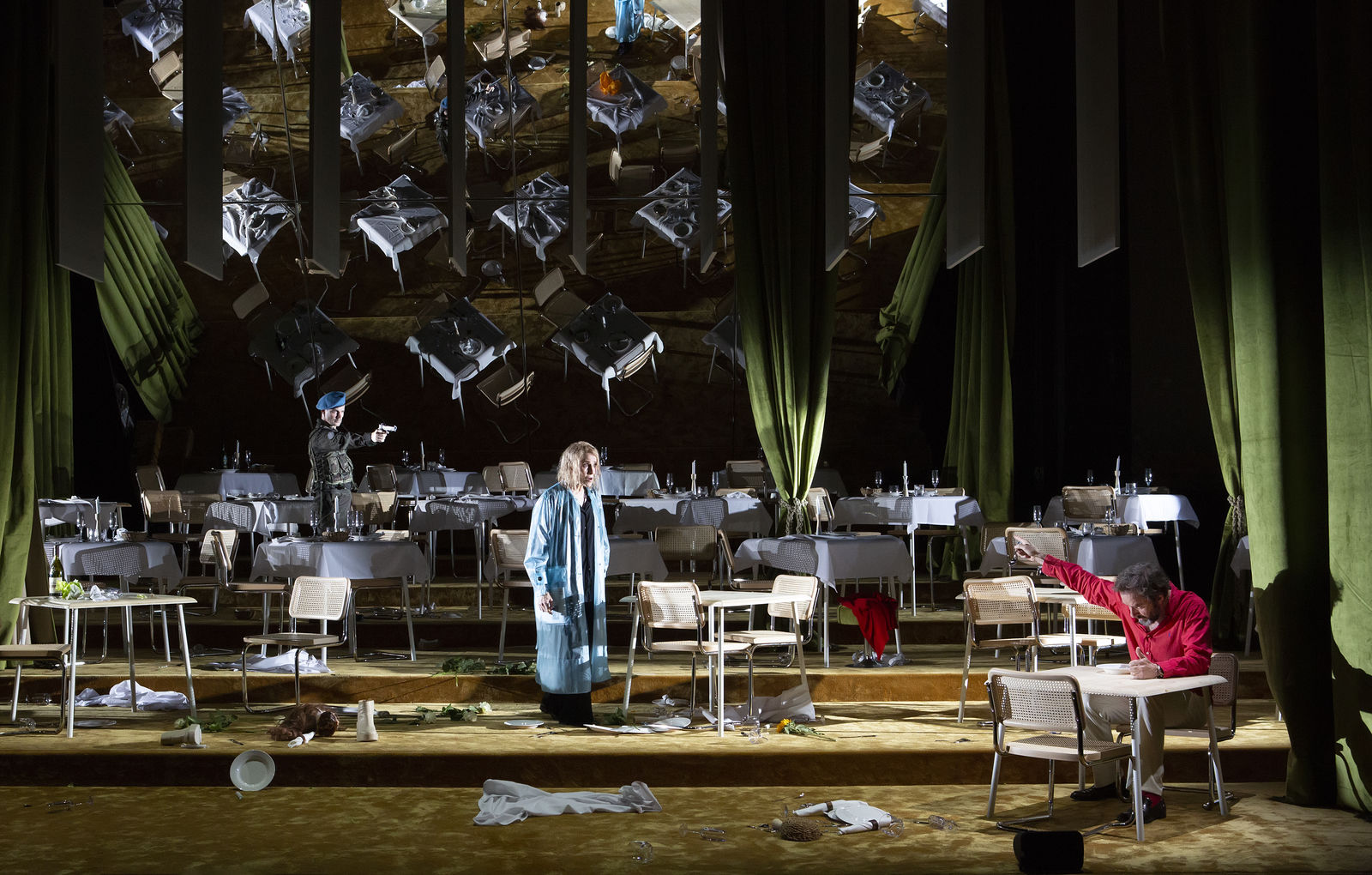
Reigen, die neue Inszenierung von Yana Ross, wurde bei den diesjährigen Salzbuger Festspielen im Juli uraufgeführt. Für die Inszenierung treiben zehn international renommierte Autor*innen den historischen Stoff von Arthur Schnitzler ins Heute: Lydia Haider, Sofi Oksanen, Leïla Slimani, Sharon Dodua Otoo, Leif Randt, Mikhail Durnenkov, Hengameh Yaghoobifarah, Kata Wéber, Jonas Hassen Khemiri und Lukas Bärfuss haben je eine der zehn Szenen neu geschrieben. Im Rahmen der Premiere in Österreich hat Leila Vidal-Sephiha Gespräche mit den zehn Autor*innen geführt, die wir nun nach und nach und in Originalsprache im Schauspielhaus Journal publizieren. Im sechsten Gespräch rekaptiuliert Kata Wéber ihre Faszination für Arthur Schnitzlers analytischen Blick und inwiefern ihre eigenen Theatererfahrungen den Schreibprozess für Reigen beeinflusst haben.
by Leila Vidal-Sephiha
published on 15. March 2023
Leila Vidal-Sephiha: How do you relate to Arthur Schnitzler and his œuvre?
Kata Wéber: I've always been attracted to writers who started their careers as representatives of another profession. Like Chekhov, Schnitzler also started out as a doctor, his writings also carry some kind of analytical vision, which I truly admire.
Leila Vidal-Sephiha: What was the biggest challenge for you in re-writing the scene and transfer it into a contemporary setting
Kata Wéber: Of course every rewriting raises the question if the original work is still relevant today? I wanted to believe in this and work accordingly.
Leila Vidal-Sephiha: Which statements or references of Schnitzler’s original play were important for you to keep in the scene
Kata Wéber: I wanted to keep the location and the main character of the scene while making it as contemporary as possible. Theater is a well known medium for me, it feels like home. It seemed to me an interesting stylistic play to fill the original scene with almost cliched characters who I know from my life working in different theaters all over the world. In my view, these characters are real and they are able to represent both the crisis of theater and an artist’s existence.
Leila Vidal-Sephiha: How did the current political events and the global situation influence your writing process?
Kata Wéber: Today we live in the age of different crises. It is an alarming question for all of us, if theater is capable of any renewal. Whether we agree or not, art today has become much more a political than before. Contemporary writers may have an even greater responsibility, since it is their task to preserve the freedom of art.
Leila Vidal-Sephiha: What does theatre mean to you?
Kata Wéber: In my opinion, theater is primarily an encounter. And, like all encounters, it can generate change. The biggest current question for me is: how can theater preserve the freedom and the courage of free creation in the current atmosphere?
Kata Wéber wurde in Ungarn geboren und studierte an der Universität für Theater und Film in Budapest. Sie arbeitet heute international als Drehbuchautorin, Schauspielerin und Dramaturgin. Mit Kornél Mundruczó verbindet sie seit Jahren eine intensive Zusammenarbeit. Gemeinsame ntwickelte Stücke wurden in Budapest (Demenz, Imitation of Life), Hannover (Die Verlobung in Santo Domingo oder Mysweet Haiti), Warschau (Die Fledermaus), Zürich (Hotel Lucky Hole), Luzern (Traumland) und bei den Salzburger Festspielen (Liliom) gezeigt. 2014 entstand ihr erster Film mit Mundruczó, Underdog (Fehéristen), der bei den Filmfestspielen in Cannes den Preis „Un Certain Regard“ gewann und im Jahr darauf beim Sundance Film Festival gezeigt wurde. 2017 folgte Jupiter’s Moon im offiziellen Wettbewerb um die Goldene Palme in Cannes. Auch bei Projekten der ungarischen Kompagnie Proton Theatre war sie als Dramaturgin beteiligt, darunter etwa Winterreise, die u.a. zu den Wiener Festwochen eingeladen wurde. Beim 17. Staatlichen Theatertreffen in Pécs 2017 wurde Kata Wéber in der Kategorie „Bestes Schreiben und Dramaturgie“ ausgezeichnet. Ihr erstes Opernlibretto, Journey ofHope, wurde 2020 am Grand Théâtre de Genève uraufgeführt. Der Film Pieces of a Woman, für den sie ihr erstes englischsprachiges Drehbuch verfasste, wurde 2020 bei den Filmfestspielen von Venedig für einen Goldenen Löwen nominiert. Ihr Drehbuch Evolution wurde 2021 verfilmt und bei den Filmfestspielen in Cannes in der Sektion „Cannes Premières“ erstmals gezeigt.

